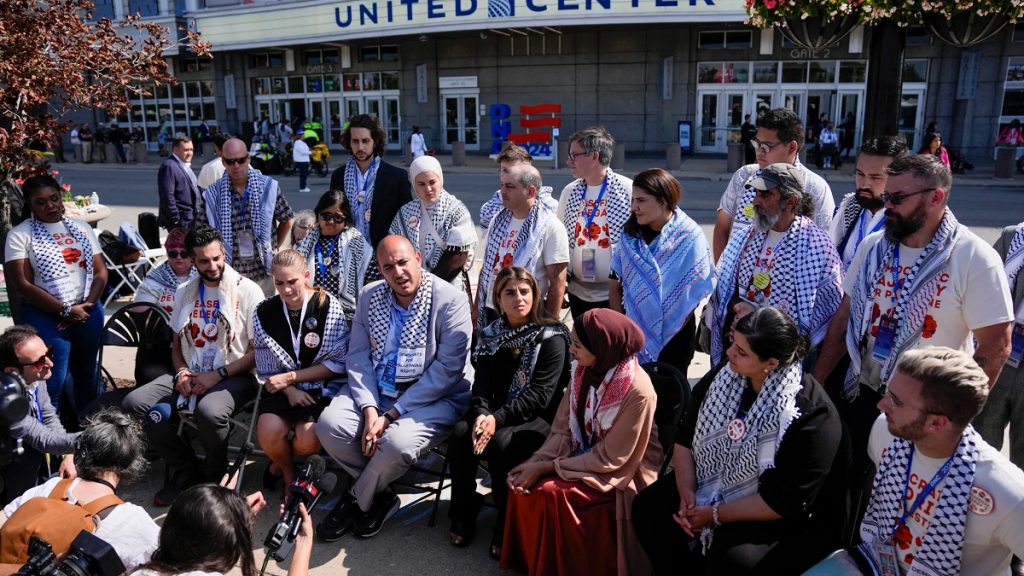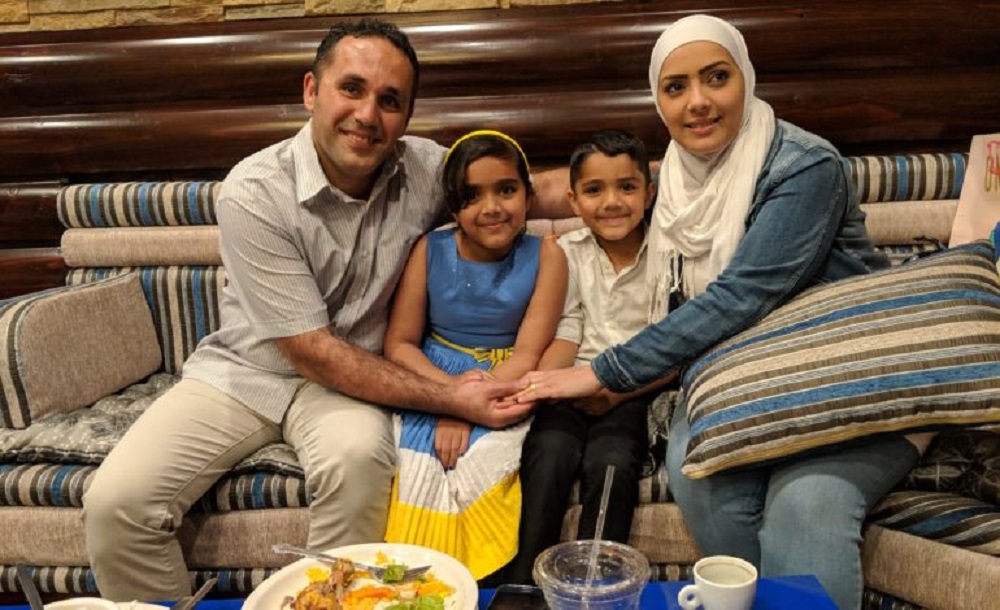Essential Support Systems for Arab Muslim Immigrants in the United States
A guide to organizations, community centers, and resources that help Arab Muslim newcomers adapt and thrive in America.

Migrating to the United States as an Arab Muslim can be both an exciting opportunity and a challenging transition. The journey often involves adapting to a new culture, language, legal system, and social environment—while preserving one’s identity and values. Thankfully, there are numerous organizations, community centers, and resources available to help Arab Muslim immigrants integrate smoothly and build a successful life in America.
1. Legal and Immigration Support
For newcomers, understanding U.S. immigration laws, visa processes, and work authorizations is critical. Several organizations provide free or low-cost legal assistance:
-
CAIR (Council on American-Islamic Relations): Offers legal aid on immigration, civil rights issues, and religious discrimination cases.
-
AIC (Arab American Institute): Provides resources for policy advocacy and immigrant rights.
-
Local Legal Aid Societies: Found in many states, offering free consultations on immigration paperwork, asylum applications, and naturalization.

2. Community and Cultural Centers
Arab Muslim immigrants often find comfort in community hubs that preserve cultural traditions while fostering integration:
-
Islamic Centers and Mosques: These serve as spiritual, educational, and social spaces, helping newcomers connect with others who share their faith. Examples include the Islamic Cultural Center of New York and the Islamic Center of Southern California.
-
Arab Cultural Associations: Many cities have Arab community organizations that organize cultural festivals, language classes, and networking events.
3. Language and Employment Assistance
Language barriers can slow integration. Arab Muslim immigrants should seek:
-
ESL (English as a Second Language) Classes: Offered by community colleges, public libraries, and nonprofits such as Literacy Volunteers of America.
-
Job Placement Programs: Some mosques, cultural centers, and organizations like ICNA Relief provide career counseling, resume assistance, and networking opportunities.
4. Educational and Youth Services
For families, ensuring children adapt well to American schools while maintaining cultural heritage is important:
-
Weekend Arabic Schools: Many mosques and Arab organizations offer Arabic and Islamic studies classes.
-
After-School Programs: Designed to provide academic support and mentorship for immigrant youth.

5. Mental Health and Social Support
The stress of immigration, culture shock, and possible discrimination can affect mental well-being:
-
Counseling Services: Organizations like Khalil Center specialize in faith-based mental health counseling for Muslims.
-
Support Groups: Community centers often host gatherings for newcomers to share experiences and advice.
Arab Muslim immigrants in the United States have access to a diverse network of legal, educational, cultural, and social resources that make the process of adaptation smoother. By engaging with these organizations, newcomers can preserve their heritage, practice their faith freely, and build successful, fulfilling lives in America. As the Arabic saying goes, “الغريب غريب ولو كان مليكاً” — a stranger is still a stranger, but with community, one can feel at home.



